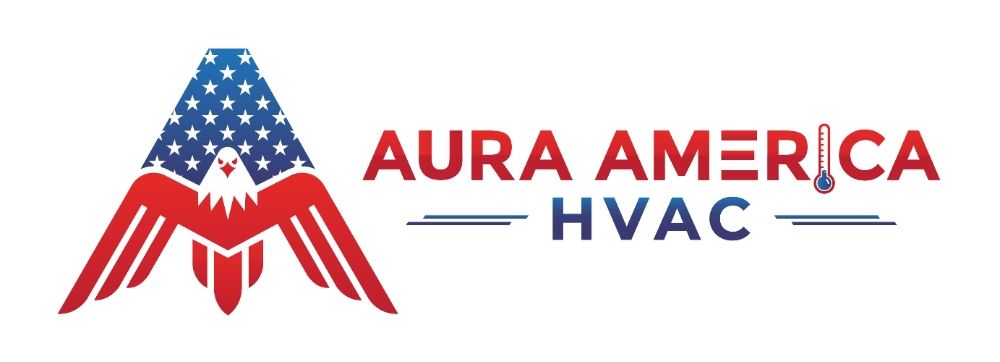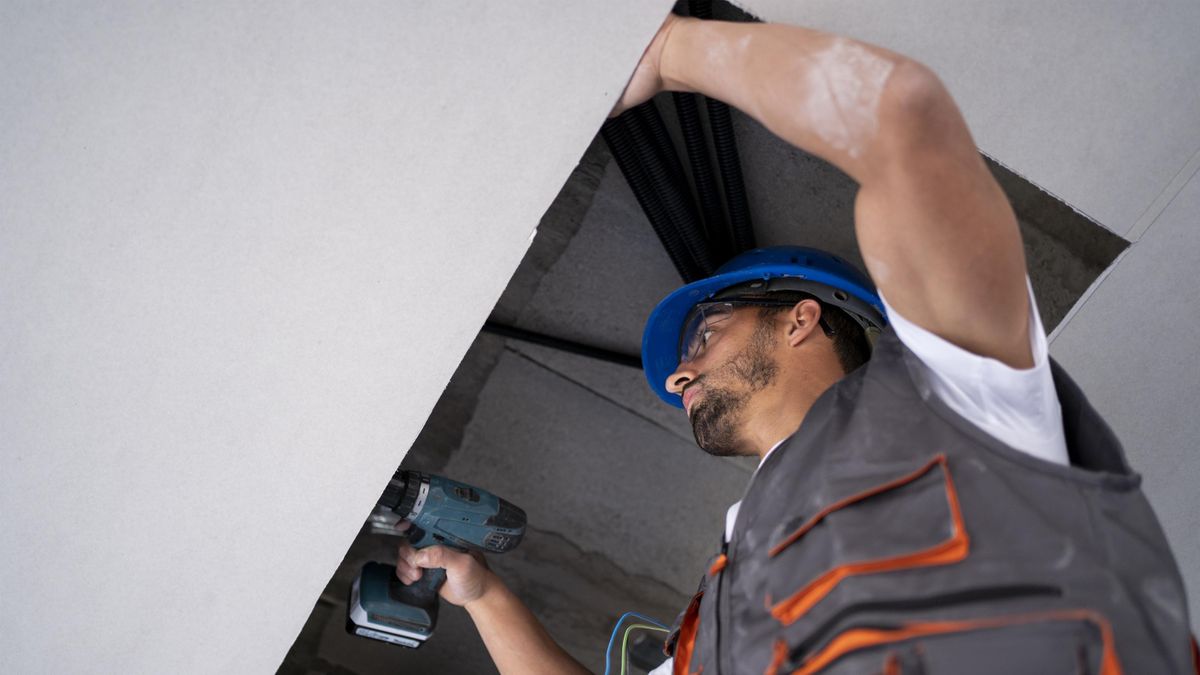If your heating and cooling system is no longer keeping your home comfortable or has become inefficient, it may be time for an upgrade.
A modern, energy-efficient unit can improve your home’s climate control, reduce energy costs, and enhance indoor air quality. However, the cost to replace an HVAC system depends on several factors, such as the size of your home, the type of system you choose, and any additional installation requirements.
Signs It’s Time to Replace Your HVAC System
Here are some common warning signs that indicate it’s time for an upgrade:
● Age of the System: Most HVAC units work 10–15 years with proper maintenance. If your system is older and frequently needs repairs, replacing it may be the best option.
● Rising Energy Bills: Older systems are less efficient, leading to high utility costs.
● Frequent Repairs: If you’re constantly calling for repairs, investing in a new system can save you money in the long run.
● Inconsistent Temperature Control: If some rooms are too hot while others are too cold, your system is not distributing air properly.
● Poor Indoor Air Quality: An outdated system may not filter allergens, dust, and pollutants properly, leading to discomfort and potential health concerns.
Factors That Affect the Cost to Replace an HVAC System
How much does it cost to replace an HVAC system? The answer depends on several factors, including:
1. Size of the System
Larger homes require bigger HVAC units with more capacity to heat and cool the space effectively. A professional contractor will determine the correct size, ensuring efficiency without overspending.
2. Type of HVAC System
There are several options when replacing an HVAC system, and each comes with its price range:
● Central Air Conditioning – The most common for homes with ductwork.
● Heat Pumps – A more energy-efficient alternative that provides both heating and cooling.
● Ductless Mini-Splits – Ideal for homes without ductwork, offering zoned temperature control.
3. Efficiency Ratings
Higher SEER (Seasonal Energy Efficiency Ratio) and AFUE (Annual Fuel Utilization Efficiency) ratings mean greater efficiency and can significantly reduce long-term energy expenses.
4. Additional Installation Costs
Beyond the unit itself, other factors can impact the cost of replacing an HVAC system, such as ductwork repairs or replacements, smart thermostat installation, and upgrading electrical connections.
A professional HVAC contractor will provide a detailed estimate based on your home’s needs.

